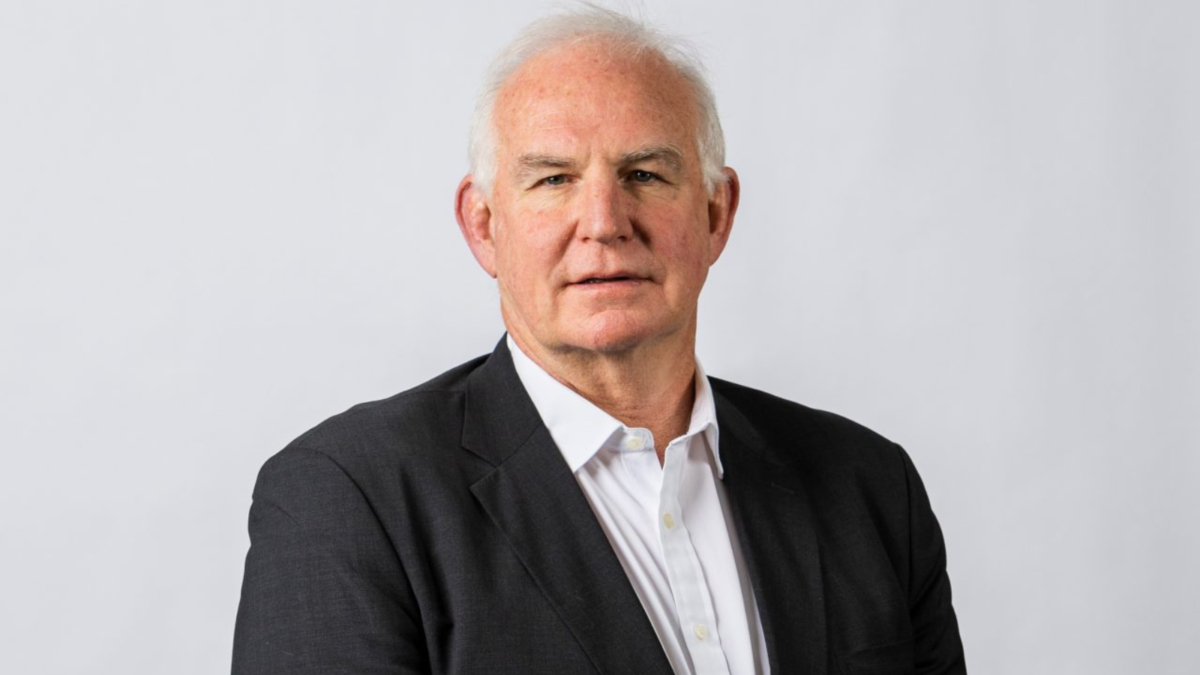‘Bring it on’: Trustees on nation-building
Treasurer Jim Chalmer’s push to get super funds involved in nation building projects like green energy infrastructure development and social/affordable housing has not been without controversy. But despite the apparent scepticism from the Coalition, parts of the media and some sectors of the superannuation industry itself, the trustees of several funds present at ASFA’s 2023 conference are keen to get started.
“PPPs (public private partnerships) – and that’s what we’re talking about here – have been around a long time,” said Hostplus chair Damien Frawley (pictured). “The framework that underpins PPPs needs more work to ensure there’s a win-win-win as they say, but it’s a well-worn path PPPs. There’s a financial objective – you can input a social objective. Many of the funds in this room have been investing in healthcare over the years, some have invested in education, and some have done that via PPPs. It’s not new.”
“If you put something in front of the investment committee that finds its way to the board to be approved, if it’s an acceptable return with one or both eyes on the members’ best financial interest, and it satisfies a social objective – bring it on.”
There seems to be an issue around the term “nation-building” and an implication from its critics that there’s something inherently wrong with it, said TelstraSuper chair Anne-Marie O’Loghlin. But state governments “of all persuasions” have been happy to take private capital for their infrastructure projects in the past. And its government “could be the on the hook” as a result of nation-building discussions, according to Rest director Michael Bargholz. They need to provide the financial structures and guarantees that allow a super fund to invest in an asset class like social housing.
“How do you make social housing hit the switch in terms of a return? It depends on the government underwriting,” Frawley said. “The bigger that is, the bigger the return and the more likely that super funds are to invest in it. The big problem for social housing, from a capital provision point of view, is deploying that capital at scale.
“That’s the real challenge – there are deals being done already, and debt instruments being created, which are effectively like an unlisted illiquid bond. But trying to deploy that capital into social housing projects is really, really hard.”
But the Coalition’s super for housing policy is “elitist” O’Loghlin said; the average balance of many young superannuation fund members wouldn’t make much of a dent in the deposit needed while also pushing up prices. What could be useful is allowing members to use part of their superannuation balance in the equity assessment when they apply for a loan.
“If you know that if you default on your loan there is a superannuation balance that will back that up to a certain extent, that has some of the other elements in it about elitism but I think that’s something we should talk about as a community because that has some legs,” O’Loghlin said. “… Most people will meet their housing repayments, but if you get to a point where there does have to be some back-up you’ve got your super as a back-up.”











